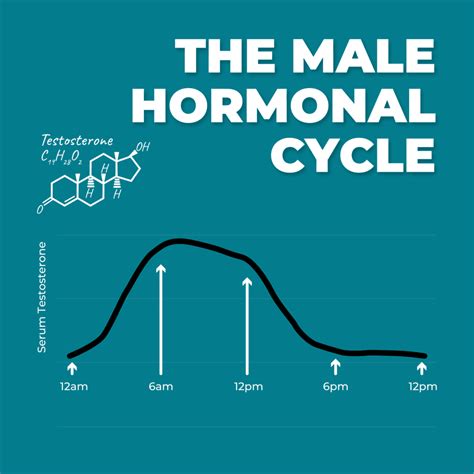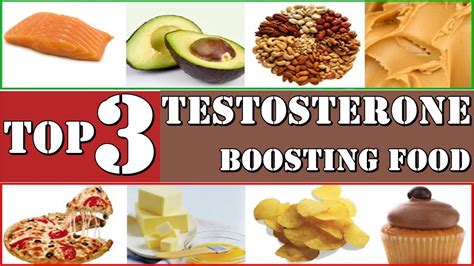How can men optimize testosterone naturally for enhanced energy & performance?

Testosterone, often hailed as the cornerstone of male vitality, plays a pivotal role in more than just libido. It influences energy levels, mood, muscle mass, bone density, and even cognitive function. As men age, testosterone levels naturally decline, but various lifestyle factors can accelerate this process or, conversely, help maintain optimal levels. The good news is that many natural strategies can significantly impact your body’s ability to produce this crucial hormone, leading to enhanced energy, improved physical performance, and overall well-being.
Understanding the Importance of Healthy Testosterone Levels
Optimal testosterone levels are crucial for men across all age groups. Beyond its well-known role in sexual health and muscle development, testosterone contributes to maintaining a healthy red blood cell count, regulating mood, and supporting bone strength. Low testosterone (low T) can manifest as fatigue, reduced libido, difficulty building muscle, increased body fat, mood swings, and even cognitive fogginess. While medical interventions exist for clinically low levels, focusing on natural methods can often provide significant improvements and support overall hormonal balance.

Strategic Exercise: Beyond Just Working Out
Exercise is one of the most potent natural boosters for testosterone. However, not all exercise is created equal when it comes to hormone optimization. Incorporating specific types of training can yield the best results.
Strength Training
Lifting heavy weights, particularly compound movements like squats, deadlifts, bench presses, and rows, has been consistently shown to increase testosterone levels. Focus on progressive overload, meaning gradually increasing the weight or resistance over time, to continually challenge your muscles. Aim for 3-4 sessions per week, allowing for adequate recovery.
High-Intensity Interval Training (HIIT)
Short bursts of intense exercise followed by brief recovery periods can also effectively elevate testosterone. HIIT workouts are time-efficient and can be incorporated into various forms of exercise, from sprinting to cycling. Just ensure you’re pushing your limits during the high-intensity phases.
Nutritional Powerhouses: Fueling Your Testosterone Production
Your diet directly impacts your body’s ability to produce hormones. A balanced, nutrient-dense diet is fundamental for healthy testosterone levels.
Healthy Fats
Don’t fear healthy fats! Cholesterol, a precursor to testosterone, comes from dietary fats. Include sources like avocados, olive oil, nuts, seeds, fatty fish (salmon, mackerel), and coconut oil in your diet. These fats also support overall hormonal health.
Protein Intake
Adequate protein is essential for muscle repair and growth, which is intrinsically linked to testosterone. Aim for lean protein sources such as chicken, turkey, lean beef, eggs, and plant-based options like lentils and beans. Around 0.7-1 gram of protein per pound of body weight is often recommended for active men.

Micronutrients: Zinc, Vitamin D, and Magnesium
- Zinc: Crucial for testosterone production and immune function. Oysters are the best source, but also found in red meat, poultry, beans, and nuts.
- Vitamin D: More of a hormone than a vitamin, Vitamin D deficiency is common and linked to lower T levels. Sun exposure is the best source, but supplements can be beneficial, especially in winter months or for those with limited sun exposure.
- Magnesium: Plays a role in over 300 biochemical reactions in the body, including those involved in testosterone synthesis. Found in dark leafy greens, nuts, seeds, and whole grains.
The Rest Factor: Prioritizing Sleep and Stress Management
Often overlooked, sleep and stress are critical for hormonal balance.
Quality Sleep
Your body produces the majority of its testosterone during deep sleep cycles. Chronic sleep deprivation can significantly depress T levels. Aim for 7-9 hours of high-quality sleep per night. Establish a consistent sleep schedule, create a dark, cool sleep environment, and limit screen time before bed.

Effective Stress Management
Chronic stress leads to elevated cortisol levels. Cortisol and testosterone have an inverse relationship; when cortisol goes up, testosterone often goes down. Incorporate stress-reducing activities into your daily routine, such as meditation, yoga, deep breathing exercises, spending time in nature, or engaging in hobbies you enjoy.
Lifestyle Choices: What to Limit and Avoid
Certain lifestyle habits can actively work against your efforts to optimize testosterone.
Limit Alcohol Intake
Excessive alcohol consumption can negatively impact testosterone production by increasing estrogen and damaging testicular cells. Moderate intake is generally considered acceptable, but heavy drinking should be avoided.
Avoid Endocrine Disruptors
These are chemicals that can interfere with your endocrine system, mimicking hormones or blocking their action. They are found in plastics (BPA, phthalates), pesticides, and some personal care products. Opt for glass containers, organic produce when possible, and natural personal care items.

Conclusion: A Holistic Approach for Lasting Results
Optimizing testosterone naturally is not about a quick fix; it’s about adopting a holistic approach to health and well-being. By consistently focusing on strategic exercise, nutrient-rich nutrition, adequate sleep, and effective stress management, men can significantly enhance their body’s natural ability to produce testosterone. This leads to not only increased energy and improved physical performance but also a better mood, enhanced cognitive function, and an overall higher quality of life. Always remember to consult with a healthcare professional before making significant changes to your diet or exercise routine, especially if you suspect you have clinically low testosterone levels.










